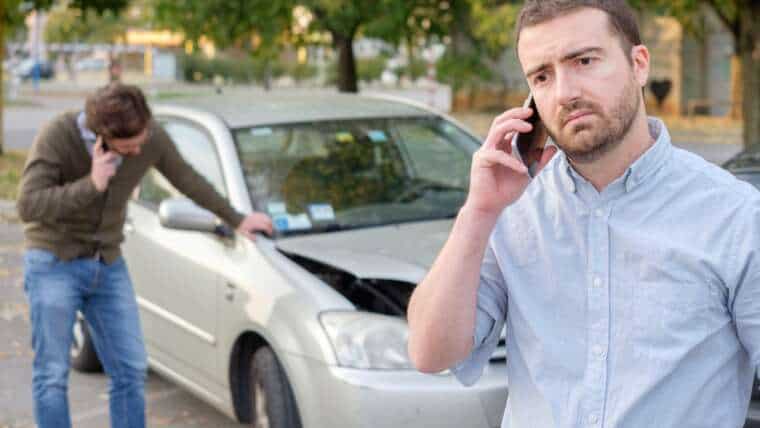If you have a loved one in a senior care facility, it’s important to know the signs of elder abuse. You might imagine that elder abuse would be something easy to identify, but it’s often harder than you think. Aging, in general, involves a decline in overall health, mental acuity, and mobility. Due to these natural effects of the aging process, you may have difficulty determining whether an injury – such as abrasions, bruises, cuts, or broken bones – is a result of declining mobility and health or abuse.
Why is elder abuse difficult to identify?
The Center for Disease Control reports that accidental falls in people over age 65 are common. This is what makes it difficult to determine the difference between a typical fall by accident or one caused by a physically abusive caretaker. If you have concerns that caretakers at a senior facility have abused your elderly loved one, contact an experienced, compassionate elder care abuse attorney. Attorney Kathryn Burmeister has extensive experience in personal injury cases involving elder abuse. She will listen to details of your concerns to help determine the source of any injuries.
Look for these signs to decide whether physical abuse has occurred or if the injury is simply a result of accidental injury:
- Signs of physical restraint, such as markings on the wrists and/or ankles
- The explanation for how any bruises, cuts, or fractures occurred does not make sense given the nature of the injuries
- Sudden, unexplained change of behavior toward a particular caregiver
- Evasiveness on the part of caregivers, or others with access to your loved one when asked to explain an injury
- Reluctance or outright refusal to allow friends and family members access to your older loved one
Identifying elder abuse isn’t always evident in the form of physical injuries. Certain actions that negatively affect your loved one’s health are also elder abuse. For example, a caregiver who withholds medication an elderly person needs or dispenses more medication than prescribed is guilty of elder abuse.
Emotional and psychological abuse
Since cognitive decline occurs naturally as a person ages, the signs and consequences of emotional and psychological elder abuse are often mistaken as a natural occurrence. This type of abuse often takes place behind closed doors and is rarely witnessed by others, making it especially difficult to identify.
These signs may indicate that an elderly person has suffered emotional or psychological abuse:
- Sudden and extreme emotional disturbance or agitation (beyond what is considered normal for the person in question)
- A striking negative change in mood, especially in the presence of a certain caregiver
- Unusual negative self-talk, such as an elderly person who suddenly begins referring to him- or herself as “stupid,” “loser,” “idiot,” or other derogatory names
- Out-of-place or troubling comments about a certain caregiver’s attitude or behavior. Some examples might be comments that a certain caretaker “always gets so angry,” or that a caretaker has said, “you aren’t coming to visit anymore.”
The elderly can suffer physical and emotional abuse in other ways as well, including sexual abuse and financial exploitation. If you detect anything is out of the ordinary with either your loved one’s physical look or behavior, it’s important to write down everything you can remember in a notebook — even if you can’t quite put your finger on what, if anything, is wrong. That way you will have a dated, detailed record of your concerns to share with an attorney.
Burmeister Law Firm is ready to help you determine whether your elderly loved one is experiencing abuse or if the changes you see are simply signs of aging. Elder Abuse Attorney Burmeister has a proven track record in Georgia when it comes to elder abuse lawsuits — and it’s a winning record. If your loved one has experienced elder abuse of any kind while staying at a senior care facility, he or she deserves compensation for the pain and suffering endured. Call Kathryn Burmeister for a no-obligation consultation about your suspicions. She will listen with compassion to your story and give you and your abused elderly loved one a voice.



